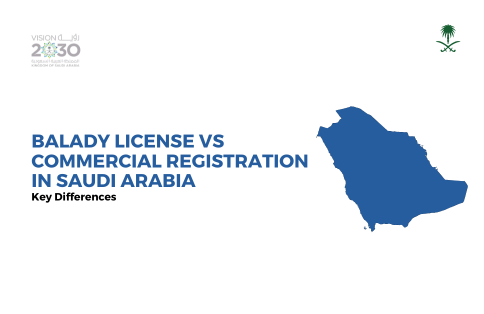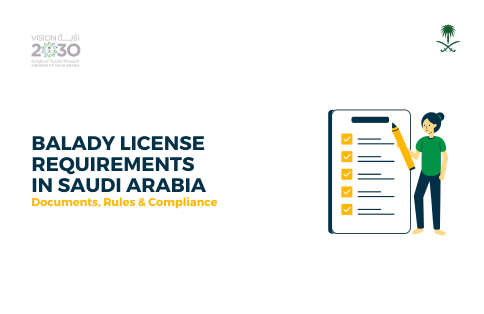Riyadh, July 2025 – In a historic policy shift, Saudi Arabia has officially enacted a sweeping new property ownership law allowing foreign individuals and companies to acquire real estate within designated zones, effective January 2026.
The reforms approved by the Cabinet and published in the Umm Al‑Qura Gazette mark a transformative departure from the 2000 legislation, replacing restrictive rules with a modern framework that encourages foreign direct investment (FDI) while honoring Saudi national interests.
Key Features of the New Law:
- Ownership for non‑Saudis is permitted in carefully controlled areas including major cities such as Riyadh and Jeddah, with Makkah and Madinah remaining subject to tight restrictions and special conditions
- Individuals: Foreign residents with valid Iqama may purchase one residential property in allowed zones for personal use. Approval by the Ministry of Interior required.
- Companies & Investment Vehicles: Foreign entities (listed or non‑listed firms, funds, SPVs) can own commercial or residential assets especially if tied to operational needs across the Kingdom, including limited exceptions in holy cities
- REGA (Real Estate General Authority) will publish implementing regulations via the Istitlaa platform within 180 days of gazette publication. Full law activation is set for January 2026.
Safeguards to Balance Growth & Access
- The law includes limits on percentage ownership, usufruct durations, and transfer fees (up to 5%) for foreign buyers, plus penalties up to SR 10 million for violations including forced property sales.
- The policy aligns with Vision 2030 goals to attract investment, expand housing supply, and promote transparency, while ensuring affordability for Saudi nationals.
Economic & Market Context
- The reform builds on Saudi Arabia’s broader strategy to diversify its economy, with the real estate sector’s contribution to GDP increasing to ~12% in 2024.
- Housing rents rose sharply in June 2025 by 7.6% triggering government actions to stabilize real estate pricing and support affordable housing availability for citizens.
Why This Matters
This historic law represents a game‑changer for global investors, expatriates, and premium residency holders, enabling them to purchase, lease, or usufruct property in emerging zones, accelerating urban development, and fueling foreign capital flows. At the same time, citizen safeguards ensure housing access is preserved and market shifts are managed carefully.
Investor due diligence will now include:
Reviewing zone designations by REGA
Confirming eligibility and project capital thresholds
Monitoring executive rule releases
Budgeting for transaction fees and regulatory compliance
















